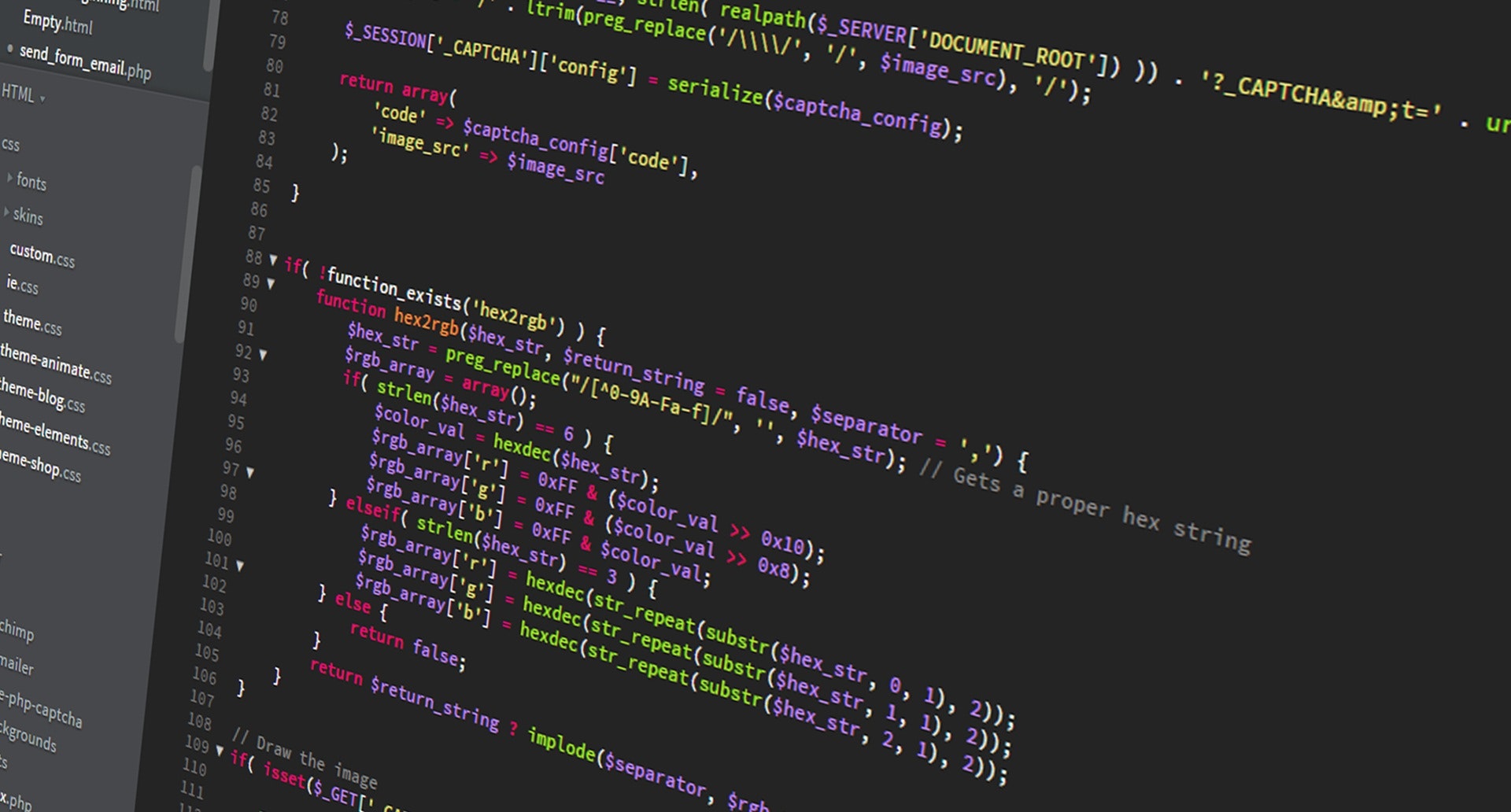
Natural Language Processing
COURSERA: Natural Language Processing with Classification and Vector Spaces
In Course 1 of the Natural Language Processing Specialization, you will:
a) Perform sentiment analysis of tweets using logistic regression and then naïve Bayes, b) Use vector space models to discover relationships between words and use PCA to reduce the dimensionality of the vector space and visualize those relationships, and c) Write a simple English to French translation algorithm using pre-computed word embeddings and locality-sensitive hashing to relate words via approximate k-nearest neighbor search.
COURSERA: Natural Language Processing with Probabilistic Models
In Course 2 of the Natural Language Processing Specialization, you will:
a) Create a simple auto-correct algorithm using minimum edit distance and dynamic programming, b) Apply the Viterbi Algorithm for part-of-speech (POS) tagging, which is vital for computational linguistics, c) Write a better auto-complete algorithm using an N-gram language model, and d) Write your own Word2Vec model that uses a neural network to compute word embeddings using a continuous bag-of-words model.
COURSERA: Natural Language Processing with Attention Models
In Course 4 of the Natural Language Processing Specialization, you will:
a) Translate complete English sentences into German using an encoder-decoder attention model, b) Build a Transformer model to summarize text, c) Use T5 and BERT models to perform question-answering, and d) Build a chatbot using a Reformer model.
FITECH: Artificial intelligence: Concepts, challenges, and opportunities
After completing the course, the student is able to:
Define and explain various artificial intelligence (AI) concepts, challenges, and opportunities: e.g., problem-solving, knowledge representation, machine learning, decision-making, natural language processing, and expert systems. Explain fundamental algorithms and the related mathematical and programming concepts of AI. List applications of AI in various fields. Use AI software or tools for specific purposes. Recognize ethical problems related to AI and to suggest constructive solutions to those.
UNIVERSITY OF HELSINKI: Master’s Programme in Linguistic Diversity and Digital Humanities
Study at the University of Helsinki and get an understanding of the nature and diversity of human language and cognition.